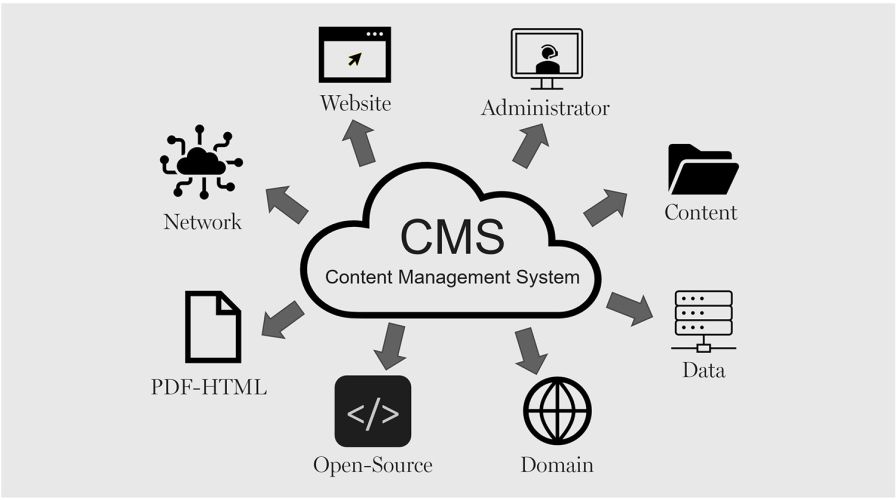Private equity due diligence is a meticulous process undertaken by investment firms to evaluate businesses before acquiring them. This process helps ensure that the firm can generate substantial returns on its investment. A well-executed due diligence process enables firms to make informed decisions, avoid potential pitfalls, and maximize profitability.
In today’s competitive business environment, private equity due diligence is crucial to understanding the health, potential risks, and growth opportunities of a target business. For businesses looking to thrive in Nigeria’s dynamic economic landscape, understanding private equity due diligence is critical for making investment decisions that lead to long-term success.
In this comprehensive guide, we will cover:
- What private equity due diligence entails
- The two phases of private equity due diligence
- Five key steps in conducting due diligence for private equity firms

What is Private Equity Due Diligence?
Private equity due diligence refers to the process of conducting an in-depth assessment of a target company before investing in it. The purpose is to gather and analyze all relevant information to determine whether the company is a sound investment. This includes reviewing the company’s financial performance, operations, market potential, and legal matters.
For firms operating in Nigeria, where the business environment can be volatile, performing rigorous due diligence helps identify opportunities for high returns while mitigating risks.
The Two Phases of Private Equity Due Diligence
The private equity due diligence process can be divided into two distinct phases: the exploratory phase and the confirmatory phase. Each phase plays a crucial role in ensuring that the investment decision is well-informed and calculated.
1. Exploratory Phase
In the exploratory phase, your firm conducts a preliminary investigation to evaluate if the target business aligns with your investment goals. This phase primarily focuses on identifying immediate red flags. Questions like “Does the business have the potential for high returns?” and “Are there any obvious risks?” are typically addressed here. If the business doesn’t meet your initial criteria, you can choose to walk away early, saving valuable time and resources.
2. Confirmatory Phase
Once a target business clears the exploratory phase, the confirmatory phase begins. This is where a more in-depth analysis takes place. During this phase, firms double-check the assumptions made in the exploratory phase and dig deeper into specific areas such as financials, operations, and legal matters. The goal is to ensure that the business is a viable investment before finalizing the deal.
5 Key Steps to Due Diligence for Private Equity Firms
The due diligence process consists of several crucial steps that help private equity firms make well-informed decisions. Let’s break down these steps in detail:
1. Conduct Industry Research
Before diving into the specifics of a company, you need to assess the industry it operates in. Conducting thorough industry research is essential to understanding the broader market trends, the competitive landscape, and the key challenges and opportunities.
For example, when evaluating a business in Nigeria’s fintech sector, firms should analyze the regulatory landscape, potential for market expansion, and the level of competition. This step helps identify if the industry aligns with your firm’s risk tolerance and return objectives.
External Resource: To learn more about industry research methods, explore this guide on conducting industry analysis.
2. Perform a Quality of Earnings (QoE) Analysis
A Quality of Earnings (QoE) analysis focuses on understanding a company’s financial health by filtering out any anomalies in its revenue and expenses. This analysis gives a clearer picture of what the company can realistically earn on a consistent basis.
During the QoE analysis, firms should focus on the stability of the company’s cash flow and profitability. In Nigeria, where market fluctuations can significantly impact a company’s earnings, a QoE analysis helps reveal whether the company’s financial performance is sustainable in the long run.
3. Evaluate Potential Return on Investment (ROI)
The ultimate goal of private equity investments is to generate a high return on investment (ROI). To achieve this, firms must evaluate the potential ROI before acquiring a business. This step involves assessing the company’s operational efficiency, market position, and areas for improvement.
Firms need to identify opportunities within the company that can be optimized to increase value. For example, outdated marketing strategies or inefficient operations can present opportunities for improvement that may lead to a higher ROI.
External Resource: Learn more about ROI evaluation techniques with this detailed explanation of ROI metrics.
4. Conduct Legal Due Diligence
Legal due diligence is an essential part of the process, as it helps identify any potential legal risks associated with acquiring the company. In Nigeria, where business laws and regulations can be complex, this step is especially critical. The legal due diligence process involves reviewing the company’s contracts, litigation history, intellectual property rights, and compliance with regulatory requirements.
If a company has a history of legal disputes or non-compliance, it could be a warning sign that the investment may come with hidden risks. Legal due diligence helps ensure that your firm is not blindsided by unforeseen liabilities after the acquisition.
5. Develop an Exit Strategy
Finally, private equity firms must develop a clear exit strategy. This involves determining how the firm will eventually sell the business and realize the gains from the investment. Knowing the potential buyers and market conditions is key to developing a successful exit plan.
In Nigeria, the potential buyers could include local competitors, multinational companies, or even a public offering. Without a defined exit strategy, firms may struggle to realize the value of their investment.
External Resource: Check out this article on crafting an exit strategy for insights into effective exit planning.
Why Private Equity Due Diligence is Crucial in Nigeria
For firms operating in Nigeria, due diligence is not just about analyzing financials and operations—it’s about understanding the local market dynamics. Nigeria’s economy is marked by rapid growth in certain sectors like fintech, agriculture, and telecommunications, but it also faces challenges such as regulatory changes and currency fluctuations.
A successful due diligence process will evaluate how these factors might impact the business you’re considering acquiring. In addition, cultural considerations and local market conditions must be factored in when making investment decisions.
External Resource: Learn more about private equity investment strategies in Nigeria through this comprehensive report on Nigeria’s private equity market.
Elevate Your Marketing Due Diligence with NICREST
One of the most impactful areas of due diligence is marketing. A business with underperforming marketing campaigns may present a significant opportunity for improvement. Effective marketing strategies can dramatically increase a company’s value, making it an essential factor to evaluate during due diligence.
NICREST is a professional marketing agency in Nigeria specializing in helping businesses optimize their marketing efforts to drive growth. If you’re looking to acquire a business with untapped marketing potential, partnering with NICREST can help you transform underperforming campaigns into high-converting strategies.
By working with NICREST, your firm can ensure that its investments are supported by robust marketing frameworks, enabling you to increase the value of your portfolio companies.
Follow Link: Discover how NICREST can improve your marketing due diligence by visiting NICREST’s Marketing Services.
Conclusion
Private equity due diligence is a critical process for ensuring that your firm makes informed investment decisions. By following the steps outlined above—conducting industry research, performing a QoE analysis, evaluating ROI, conducting legal due diligence, and developing an exit strategy—you can maximize your chances of achieving high returns.
For firms in Nigeria, the due diligence process takes on added complexity due to the unique market conditions and regulatory landscape. However, by partnering with experts like NICREST, you can optimize key aspects of the business, such as marketing, to ensure a profitable investment.
If you’re ready to elevate your private equity strategy and drive higher returns, start your due diligence process today and take advantage of the resources and services available to you.




